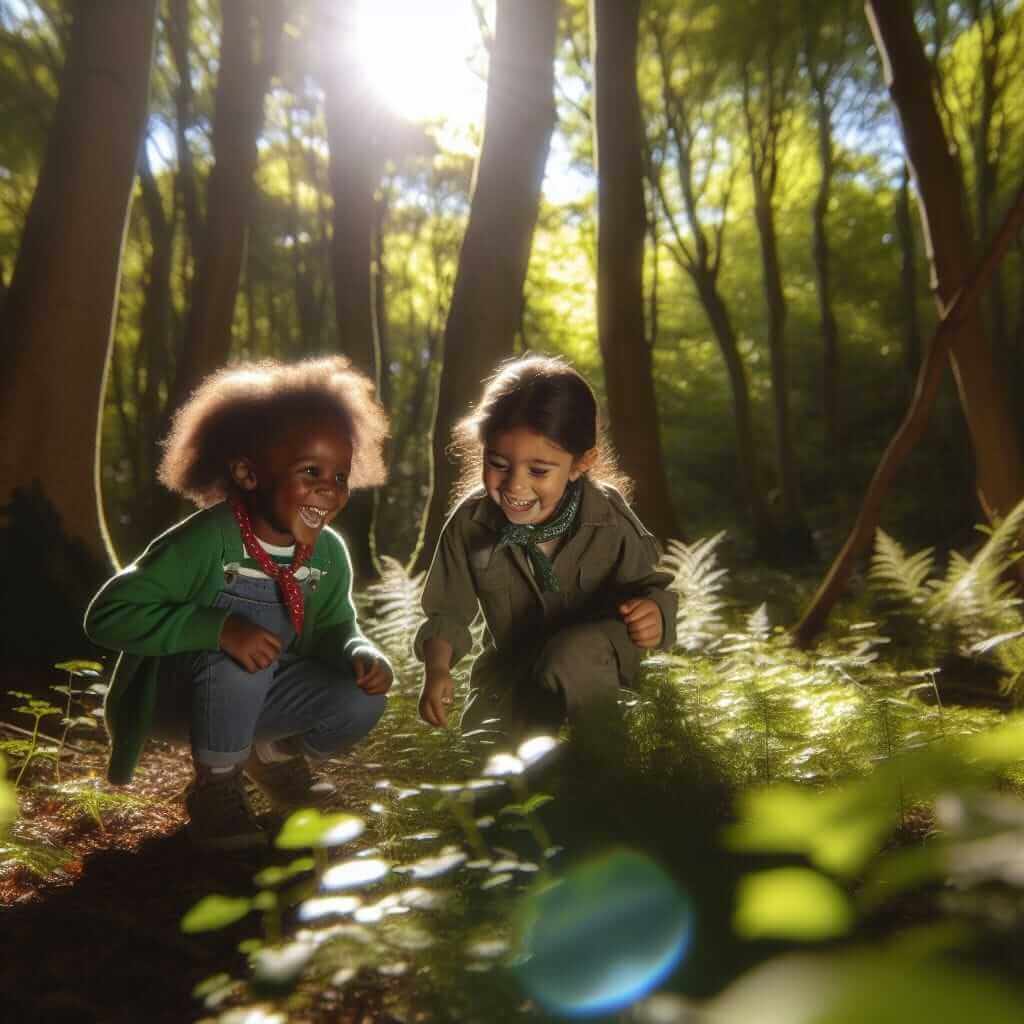In the IELTS Speaking test, candidates are evaluated on various factors, including fluency, coherence, lexical resource, grammatical range, and accuracy. Among the common topics for IELTS Speaking is “Describe a childhood friend.” Understanding how to effectively answer questions on this topic can greatly impact your performance and score. This article will provide you with a comprehensive guide on how to describe a childhood friend, sample questions, and detailed answers.
Part 1: Introduction and Interview
Common Questions
The introduction and interview part focus on general questions about you. Here are some typical questions related to friends:
- Do you have a lot of friends?
- Who was your best friend as a child?
- What do you usually do with your friends?
Sample Answer
Question: Who was your best friend as a child?
Answer: When I was a child, my best friend was a boy named Tommy. We grew up in the same neighborhood and attended the same school. He had a bubbly personality and was always full of energy, which made our time together incredibly fun and adventurous.
Analysis
In the sample answer, we see key phrases like “best friend,” “same neighborhood,” “bubbly personality,” “full of energy,” and “incredibly fun and adventurous.” These phrases help create a vivid image, fulfilling the lexical resource and coherence criteria well.
Part 2: Long Turn
Cue Card
Describe a childhood friend.
You should say:
- Who he/she is
- How you met
- What you did together
- And explain why he/she is special to you
Sample Answer
Answer:
I would like to share with you about my childhood friend, Jessica. We first met in elementary school when we were both in the second grade. Our friendship blossomed during a school project where we had to create a science model together. From then on, we became inseparable.
We used to spend hours playing in the local park, building intricate sandcastles and riding our bicycles around the neighborhood. During school breaks, we often venture to the nearby forest, called Greenwood, to explore nature and pretend we were on incredible adventures.

Jessica is particularly special to me because she has always been supportive and understanding. She encourages me during times of hardship, and her sense of humor helps me look at life more positively. Even now, though we’ve gone our separate ways in terms of career paths, we still keep in touch and reminisce about our cherished memories.
Supplemental Questions and Answers
Question: How often do you see him/her now?
Answer: Nowadays, we see each other less frequently due to our busy schedules. However, we make it a point to meet up at least once a year during holidays and keep up with regular video calls.
Part 3: Two-way Discussion
Examiner Questions
- How important are childhood friends compared to friends in adulthood?
- Do you think technology has changed the way we form friendships?
Sample Answers
Question: How important are childhood friends compared to friends in adulthood?
Answer: Childhood friends tend to hold a special place in our hearts because they share a formative part of our lives that shapes who we are. These friendships often carry a sense of innocence and nostalgia that is hard to replicate in adulthood. Adulthood friends, on the other hand, are equally important but tend to be based on shared interests and mutual support in tackling life’s challenges.
Question: Do you think technology has changed the way we form friendships?
Answer: Absolutely. Technology has significantly transformed the way we form and maintain friendships. Social media platforms allow us to stay connected with a broad range of people across the globe, which wasn’t possible before. However, the quality of interactions might suffer as online relationships often lack the depth that face-to-face interactions build.
Vocabulary and Phrases for High Scores
Here are some important vocabulary and phrases to help you score high:
1. Vocabulary:
- Inseparable /ɪnˈsepərəb(ə)l/ (adj.): very close, cannot be separated easily
- Nostalgia /nɒˈstælʤɪə/ (n.): a sentimental longing for the past
- Supportive /səˈpɔːtɪv/ (adj.): providing encouragement or emotional help
2. Phrases:
- “Cherished memories” – fond memories that you hold dear
- “Incredibly fun and adventurous” – very enjoyable and full of excitement
- “Ventures into the nearby forest” – journeys into the nearby woods
Example Use in Sentences:
- Childhood friends have shared cherished memories that last a lifetime.
- Our outings were incredibly fun and adventurous, making each day unforgettable.
- We often venture into the nearby forest to explore and create our fairy-tale world.
Examiner’s Advice on Practice
Practice Regularly
Consistent practice is vital. Engage with native speakers or use language exchange apps for real-time practice.
Record Yourself
Record your answers and critique them. Pay attention to your use of vocabulary, fluency, and pronunciation.
Expand Your Vocabulary
Aim to learn at least 1-2 new words or phrases daily. Use them in multiple sentences to gain comfort.
Mock Tests
Participate in mock tests to get a feel of actual exam conditions. Time yourself and try to adhere to the time constraints.
Relax and Stay Calm
Nervousness can impact your fluency. Take deep breaths and treat the test as a conversation.
By incorporating these strategies and focusing on effective communication, you can significantly improve your performance in the IELTS Speaking test.